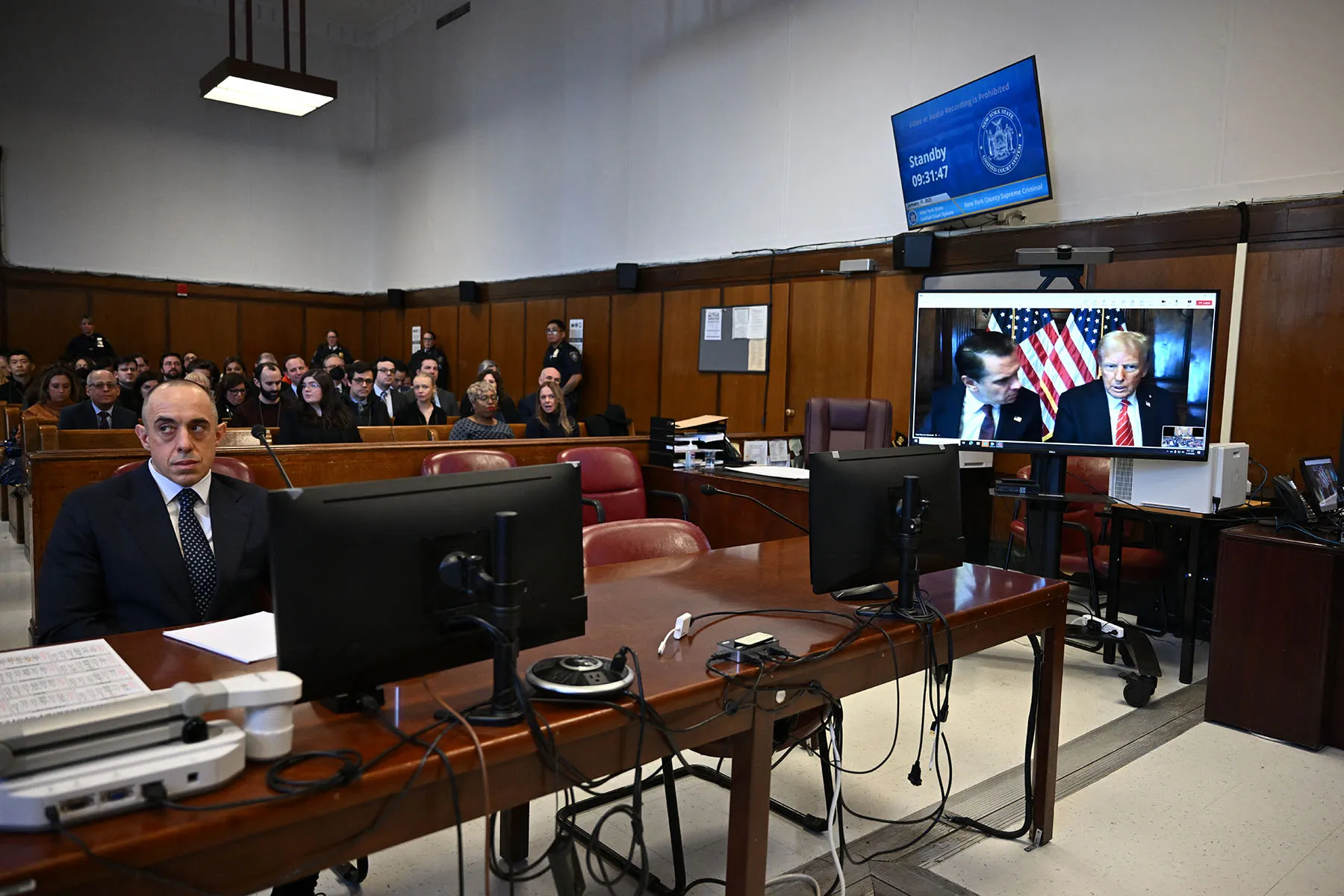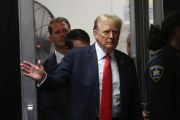President-elect Donald Trump received no jail time, fines or probation at a Friday sentencing after being found guilty of 34 felony charges stemming from the falsification of business records to hide the details of an extramarital affair from voters in the lead up to the 2016 election.
At the sentencing, Judge Juan Merchan said the presidency in effect shields Trump from a more stringent punishment — a protection that “Donald Trump the ordinary citizen, Donald Trump the criminal defendant” would not be entitled to. The sentence, which cements Trump’s felony conviction, is called an “unconditional discharge.” He faced a maximum sentence of four years in federal prison.
The sentencing marks the end of an unprecedented — and at times sexually explicit — case that resulted in Trump in May becoming the first former president convicted of a felony. Public opinion surveys suggest that the conviction, which came months before the presidential election, did not meaningfully sway voters away from Trump.
Trump will be sworn in for a second term on January 20 and is set to become the first person convicted of a felony to become the president.
Throughout the case, Trump has not only insisted that he is not guilty but used the case during his presidential campaign to argue that he — and by extension his supporters — were being unfairly targeted. He used the opportunity to cast doubt on the country’s judicial system and vowed to seek retribution from his political enemies once in office.
Notably, American women who identify as independents or Republicans were less likely to disagree with Trump’s criminal conviction for falsifying business records and less likely to believe Trump was treated unfairly than their men counterparts, a 19th News/SurveyMonkey poll found.
Trump sat virtually for Friday’s sentencing — which was not broadcast to the public, like the trial — appearing on several large screens throughout the courtroom. Trump insisted on his innocence, repeated claims that he was unfairly targeted by political enemies and pointed to his victory in the presidential election and key swing states after voters watched the case play out “first-hand.”
The president-elect also again took aim at the judicial system, saying that the case was a “tremendous setback” for New York’s court system.
“The fact is, I’m totally innocent,” he said.
The crimes Trump was charged with stem from payments made by his former lawyer Michael Cohen to adult-film star Stormy Daniels to keep her from publicizing an alleged sexual encounter that Daniels said occurred almost two decades ago and that she described in detail under oath during the trial. Trump denied the encounter.
Prosecutors in Manhattan said Trump was involved in falsifying business records to hide the encounter from voters during his 2016 presidential campaign.
While the charges would have been a misdemeanor, prosecutors argued that the falsification was done to hide another crime, making it a felony.






